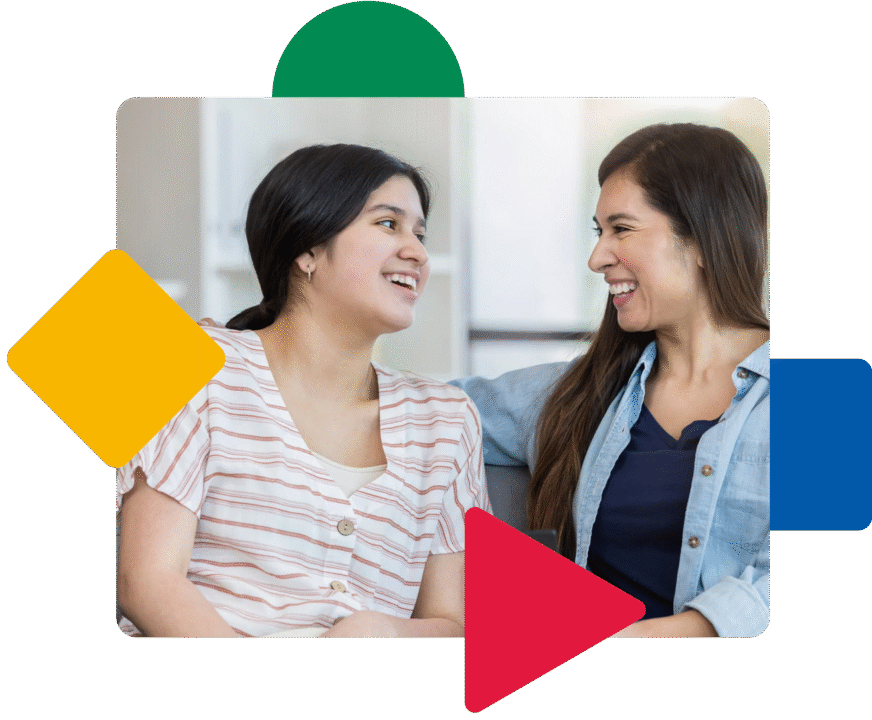Regaining Self-Control: Strategies for Students
Get free social skills materials
No-prep lessons on self-regulation, emotional recognition, conversation skills, and more.
Sign up hereIntroduction
In the classroom, students may experience moments when they feel like they are losing self-control. Recognizing these feelings and the signals their bodies are sending can help them take steps to regain control and focus. By understanding their emotions and physical sensations, students can learn to make healthier decisions and maintain a balanced state of mind. In this blog post, we will explore an easy, no-prep activity to help students practice self-awareness and self-regulation, followed by discussion questions and related skills.
No-Prep Activity: Body Signals Check-In
This simple activity requires no preparation or materials from the educator. It can be done individually or in a group setting, and it encourages students to pay attention to their body signals and emotions.
- Ask students to sit comfortably and close their eyes.
- Guide them through a brief body scan, asking them to notice any sensations or emotions they are experiencing. For example, are they feeling hungry, thirsty, hot, cold, tired, or energetic?
- Once they have identified their feelings and body signals, ask students to think of a strategy they can use to regain control and focus. For example, if they are hungry, they can ask for a snack; if they are tired, they can take a stretch or drink some water.
- Have students share their strategies with the class or in small groups.
Discussion Questions
- Why is it important to pay attention to our feelings and body signals when we feel like we are losing control?
- How can recognizing our emotions and physical sensations help us make better decisions in the classroom and in life?
- What are some strategies you can use to regain self-control when you feel overwhelmed or unfocused?
- Can you think of a time when you used one of these strategies successfully? How did it help you?
- How can we support each other in the classroom when we notice someone is struggling to maintain self-control?
Related Skills
Developing self-awareness and self-regulation are essential components of Social-Emotional Learning. Other relevant skills that can support students in maintaining self-control include:
- Emotion identification and expression
- Empathy and understanding others’ emotions
- Conflict resolution and problem-solving
- Stress management and relaxation techniques
- Setting and achieving goals
Next Steps
If you’re interested in exploring more activities and resources to support students’ self-control and other social-emotional skills, we invite you to sign up for free samples of our materials at Everyday Speech. By incorporating these strategies into your teaching, you can help students develop the skills they need to succeed in the classroom and beyond.

